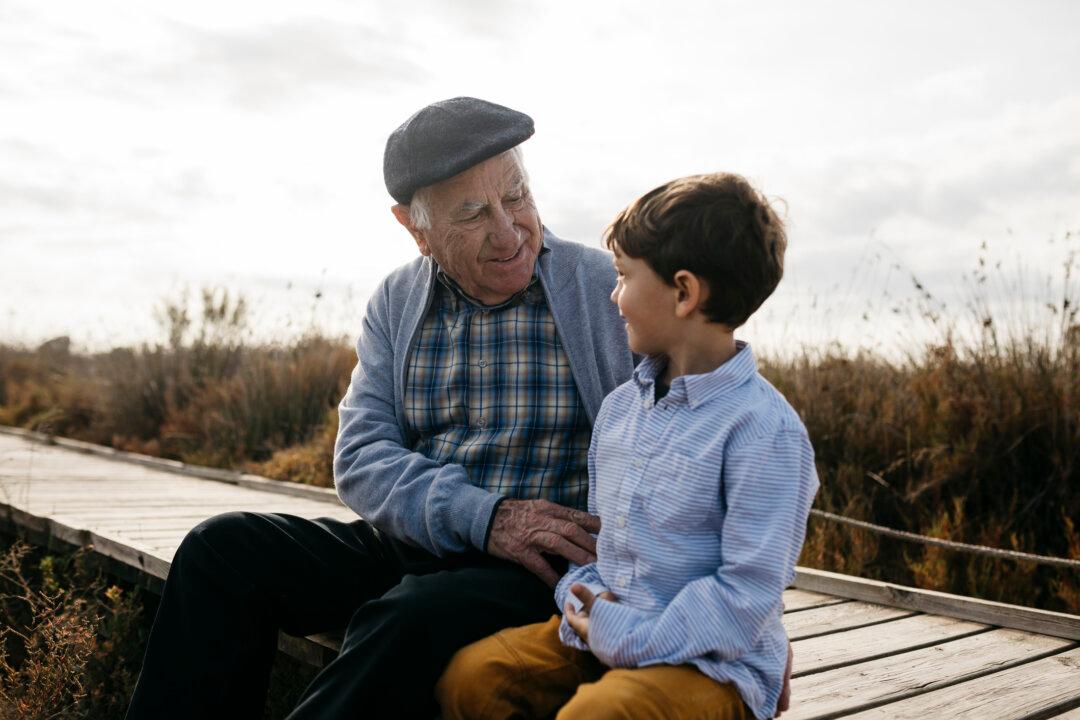“Daddy, tell me that story again about the time the pigs chased you and your friend across a field.”
“Grandma, I’m bored. What did you do in the summer for fun when you were 14?”

“Daddy, tell me that story again about the time the pigs chased you and your friend across a field.”
“Grandma, I’m bored. What did you do in the summer for fun when you were 14?”